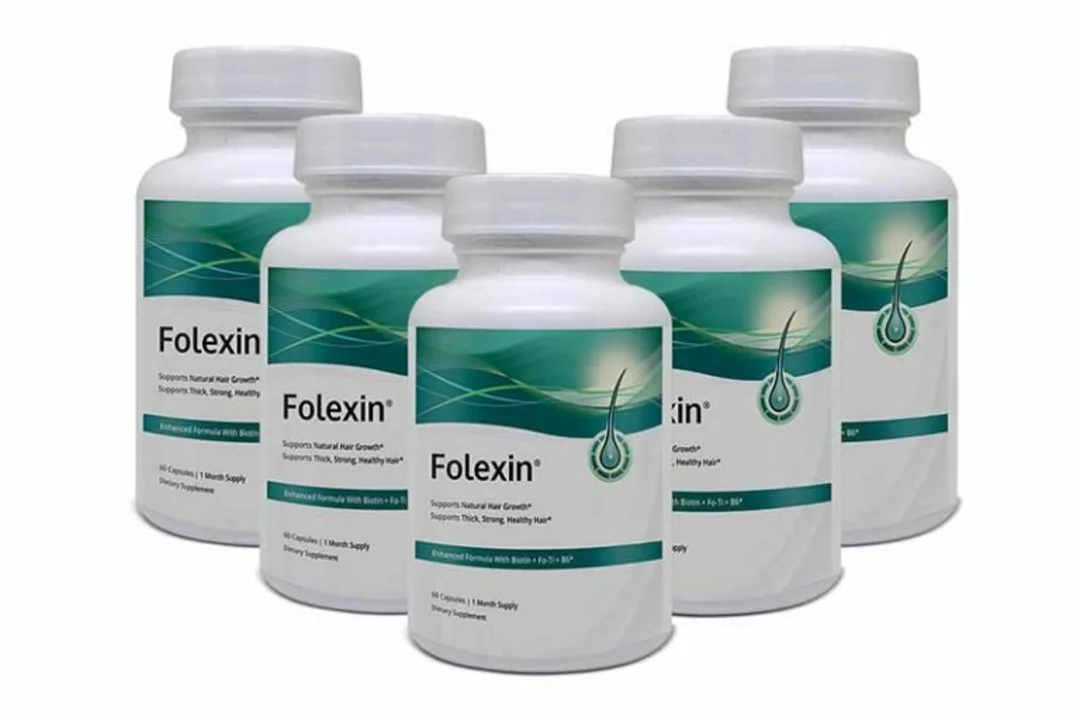Dietary supplements
Looking for clear, useful info on dietary supplements? This tag collects straightforward guides about vitamins, minerals, herbs, probiotics, and other over-the-counter products people take to feel better or fill nutritional gaps.
Supplements can help when your diet falls short or a doctor finds a deficiency. They aren’t magic fixes. Think of them as targeted tools—useful when chosen and used the right way.
How to pick a quality supplement
Start with the label. Check serving size, active ingredient amount, and the % daily value. Avoid products that hide dosing behind vague phrases like "proprietary blend." Look for third-party testing seals from groups such as USP, NSF, or ConsumerLab—those mean the product was verified for what’s on the label.
Match the supplement to your goal. Vitamin D for low blood levels, omega-3s for heart and brain support, and probiotics for some digestive issues are common examples. Don’t take multiple products that overlap unless you track total intake—too much of some nutrients can be harmful.
Ask your provider about interactions. Many supplements interact with prescription meds. For example, some herbal products affect blood thinners or blood pressure drugs. If you’re pregnant, breastfeeding, or have chronic health issues, get medical advice first.
Safe buying and daily use tips
Buy from reputable stores or well-reviewed online pharmacies. Check return policies, customer service, and whether the seller lists manufacturing information. Avoid deals that feel too good to be true—extremely cheap products may cut corners on purity and potency.
Start with a low dose and watch for side effects. Keep a short log: what you took, dose, and any changes you notice. If you get new symptoms—digestive upset, rash, jitteriness—stop and talk to a clinician.
Store supplements correctly. Heat, light, and moisture reduce potency. Keep bottles tightly closed in a cool, dry place. Check expiration dates and discard old or discolored pills.
Be realistic about results. Some supplements show benefits in weeks; others take months. If a product promises immediate, dramatic results, treat the claim with skepticism. Reliable benefits tend to be modest and measurable—better sleep, small energy improvements, fewer cramps—not instant transformations.
Use supplements as part of a plan. Combine sensible diet, sleep, exercise, and medical care. Supplements can fill gaps, but they work best alongside healthy habits.
If you want direct help picking a product, look for posts in this tag that walk through options, compare brands, or explain safety issues. Read a few articles, then talk to a pharmacist or doctor to make the final call.

I recently discovered a game changer in dietary supplements called Wild Mint, and I can't wait to share it with you all! This amazing herb is known to significantly improve our overall wellbeing. Wild Mint is packed with health benefits, such as aiding digestion, relieving stress, and even boosting our immune system. Plus, it's super easy to incorporate into our daily diets, whether as an infusion, in smoothies, or as a seasoning. Trust me, once you try Wild Mint, you'll never want to go back to your old supplements!
Chris Gore Jun 1, 2023
In today's blog post, I'll be discussing the incredible benefits of incorporating White Hellebore dietary supplements into your daily routine. These powerful supplements have been shown to boost your overall health, especially when it comes to improving digestion, reducing inflammation, and enhancing your immune system. As a natural remedy, White Hellebore has been used for centuries to treat various ailments, and now it's easier than ever to enjoy its benefits in supplement form. I highly recommend giving White Hellebore supplements a try if you're looking to improve your well-being and experience a newfound sense of vitality. Stay tuned for more detailed information on this amazing supplement and tips on how to incorporate it into your daily health regimen!
Chris Gore May 29, 2023




